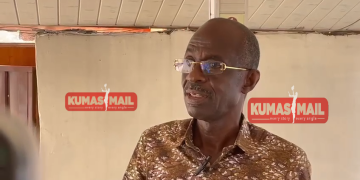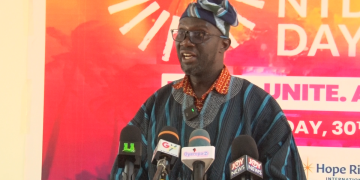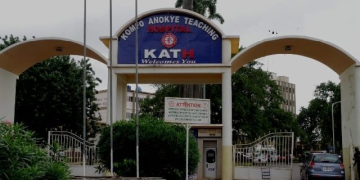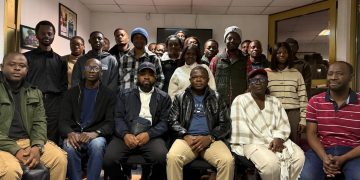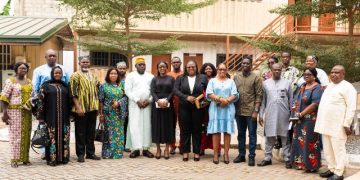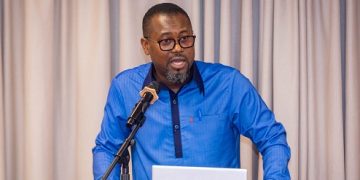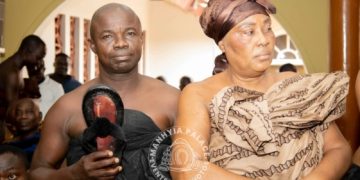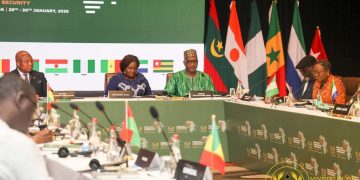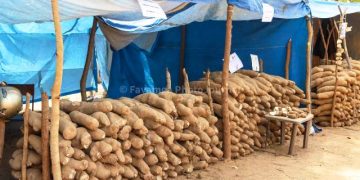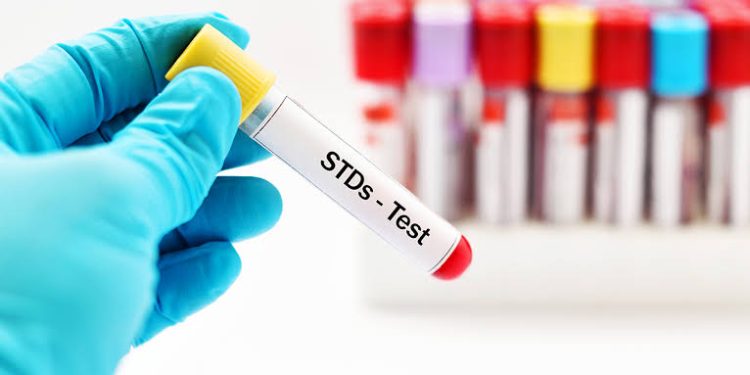The Eastern Regional Director of the Domestic Violence and Victim Support Unit (DOVVSU), Chief Inspector Monica Agyemang, has cautioned that it is a criminal offence for anyone to knowingly have sexual intercourse with a partner without disclosing that he or she has any of the sexually transmitted infections or Diseases .
She explained that such conduct endangers the health and rights of the unsuspecting partner and falls within the ambit of sexual abuse under Ghana’s criminal Acts which attracts severe punishment.
“Gender Domestic Violence Act, Section 1, Subsection B, and then Subsection II, says sexual abuse, namely the possible engagement of another person in their sexual contact, which includes sexual contact that abuses, humiliates, or degrades the other person, or otherwise violates another person’s sexual integrity, or a sexual contact by a person aware of being infected with human immunodeficiency virus, that is HIV, or any other sexual transmitted disease with another person, without the other person being given prior information of the infection”.she said.
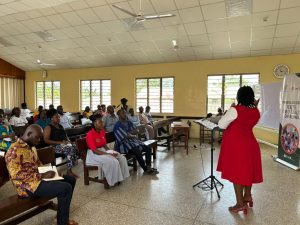
She therefore urged the public, particularly young people, to take issues of sexual health seriously, stressing the importance of honesty, medical check-ups, and protection in relationships.
Chef Inspector Monica Agyemang, Eastern Regional Director of Domestic Violence and Victims Support Unit (DOVSSU) said there many laws that protect adolescent girls in particular and women at large from sexual and gender based violence hence urged them to speak out and report to DOVSSU.
She said this during stakeholders engagement on Gender and Sexual Based Violence organized by the National Commission for Civic Education (NCCE) in New Juaben North, Eastern Region .
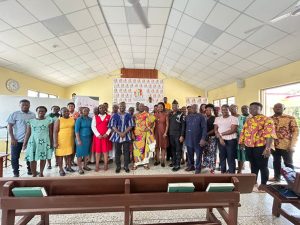
The program aimed at empowering adolescent girls and young people to resist sexual abuse and gender-based violence in schools and communities.
The initiative, supported by the United Nations Population Fund (UNFPA), comes at a time when cases of sexual abuse and exploitation of girls in educational institutions have raised national concern.
Hargar Ampah, Deputy Director ,Programm Office at NCCE Headquarters underscored the importance of protecting young People and vulnerable groups in society against all forms of Gender based violence.
Speaking at a stakeholder engagement, the New Juaben North Municipal Director of NCCE, Ebenezer Acheampong, stressed the Commission’s constitutional mandate to educate the public on civic responsibilities and rights.
He explained that the programme had brought together traditional leaders, faith-based organisations, civil society groups, security agencies, and the media to collectively address adolescent health, gender equality, and protection.
“In New Juaben, defilement, rape, and gender-based violence are major issues affecting our young people. These are criminal offences that must be reported to the police and not settled at home. Together with UNFPA, we have visited churches, mosques, schools, and communities to sensitise the public and empower our young ladies to speak up and seek help,” Acheampong said.
The programme also provided safe platforms for adolescents to engage health workers on reproductive health, family planning, and the dangers of harmful cultural practices.
The NCCE’s initiative also tackles myths surrounding family planning and promotes community-based interventions to prevent gender-based violence.
Edith Asiedua, Public Health Nurse at the Eastern Regional Health Directorate advised against abuse of emergency contraceptives due to its health complications.
Key stakeholders, including chiefs, queen mothers, pastors, imams, youth leaders, health professionals, and security agencies, pledged to support the campaign by strengthening collaboration between communities and service providers,protect vulnerable young people, especially girls, while promoting equality, dignity, and safer spaces for the youth to thrive.
Source:www.starrfm.com.gh





